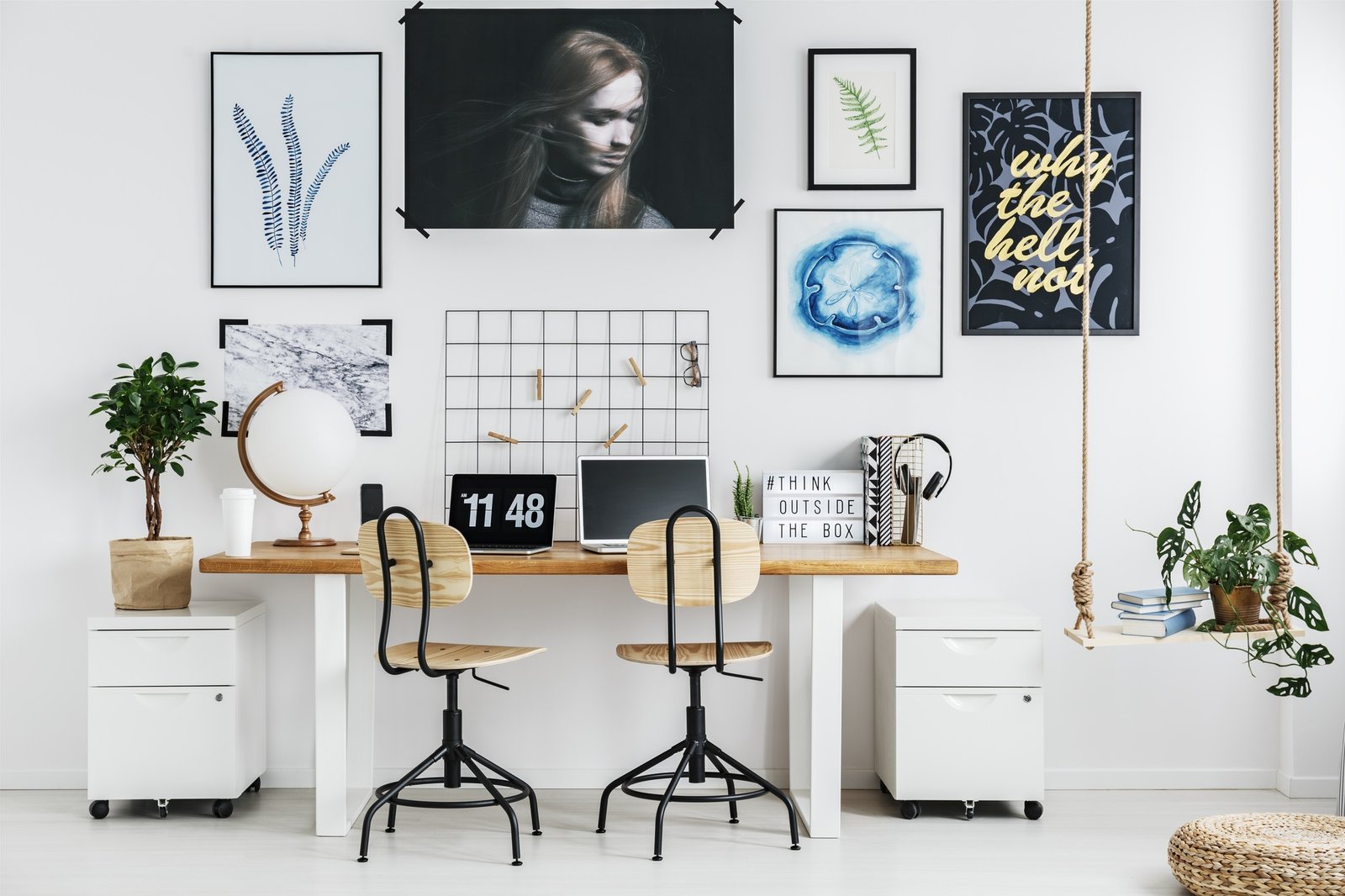
Having a nighttime routine is crucial for maintaining a healthy sleep schedule and overall well-being. A consistent routine signals to your body that it’s time to wind down and prepare for rest. This can help regulate your internal clock, making it easier to fall asleep and wake up at the same time each day. Additionally, a nighttime routine can help reduce stress and anxiety, as it provides a dedicated time for relaxation and self-care. Without a routine, it’s easy to get caught up in the hustle and bustle of daily life, making it difficult to transition from a state of alertness to one of calmness. By establishing a nighttime routine, you can create a sense of predictability and stability in your life, which can have a positive impact on your mental and emotional well-being.
In addition to promoting better sleep, a nighttime routine can also improve your overall productivity and performance during the day. When you consistently get a good night’s sleep, you’re more likely to feel alert, focused, and energized throughout the day. This can lead to better decision-making, improved memory and cognitive function, and increased motivation to tackle daily tasks. On the other hand, a lack of sleep can lead to irritability, mood swings, and decreased ability to concentrate, which can negatively impact your work and personal life. By prioritizing a nighttime routine, you can set yourself up for success both in terms of your physical health and your professional and personal goals.
Creating a Relaxing Environment for Sleep
Creating a relaxing environment for sleep is essential for promoting restful and rejuvenating slumber. Your bedroom should be a sanctuary for relaxation, free from distractions and stressors that can interfere with your ability to unwind and fall asleep. Start by decluttering your bedroom and removing any items that don’t contribute to a peaceful atmosphere. This can include excess furniture, electronic devices, and work-related materials. Keep your bedroom clean and organized, as a tidy space can help promote a sense of calm and tranquility. Consider incorporating soothing colors and textures into your bedroom decor, such as soft bedding, plush pillows, and calming artwork. These elements can help create a cozy and inviting atmosphere that encourages relaxation.
In addition to the physical environment, it’s important to consider the sensory experience of your bedroom. Pay attention to lighting, temperature, and sound to create an optimal sleep environment. Use blackout curtains or an eye mask to block out light, and set the thermostat to a comfortable temperature for sleeping. Consider using a white noise machine or soothing music to drown out any disruptive sounds that could disturb your sleep. By addressing these environmental factors, you can create a space that promotes deep and restorative sleep, allowing you to wake up feeling refreshed and rejuvenated each morning.
Tips for Unwinding Before Bed
Unwinding before bed is an essential part of a nighttime routine, as it allows you to transition from the busyness of the day to a state of relaxation and calmness. There are several strategies you can use to help unwind before bed, such as practicing relaxation techniques like deep breathing, meditation, or progressive muscle relaxation. These techniques can help quiet the mind and release tension from the body, making it easier to fall asleep. Engaging in calming activities such as reading a book, taking a warm bath, or listening to soothing music can also help signal to your body that it’s time to wind down for the night. Avoid stimulating activities like watching TV or using electronic devices, as these can interfere with your body’s natural sleep-wake cycle.
It’s also important to establish a consistent bedtime routine that includes activities you find enjoyable and relaxing. This could include sipping on a cup of herbal tea, practicing gentle yoga or stretching exercises, or writing in a journal to reflect on the day’s events. By incorporating these activities into your nightly routine, you can create a sense of ritual and predictability that can help prepare your body and mind for sleep. Experiment with different unwinding techniques to find what works best for you, and be patient as you develop a routine that supports restful and restorative sleep.
Establishing Consistent Bedtime Habits
Establishing consistent bedtime habits is key to maintaining a healthy sleep schedule and promoting overall well-being. This includes going to bed and waking up at the same time each day, even on weekends. By sticking to a consistent sleep schedule, you can regulate your body’s internal clock, making it easier to fall asleep and wake up naturally without the need for an alarm clock. This can help improve the quality of your sleep and reduce the likelihood of experiencing daytime fatigue or grogginess. In addition to maintaining a consistent sleep schedule, it’s important to create a bedtime routine that signals to your body that it’s time to wind down for the night.
Incorporate activities into your bedtime routine that promote relaxation and calmness, such as reading, practicing mindfulness meditation, or taking a warm bath. Avoid stimulating activities like watching TV or using electronic devices in the hour leading up to bedtime, as these can interfere with your body’s natural sleep-wake cycle. Instead, focus on creating a peaceful and tranquil environment that supports restful sleep. By establishing consistent bedtime habits, you can set yourself up for success in achieving restorative and rejuvenating sleep each night.
The Role of Technology in a Nighttime Routine
Technology plays a significant role in our daily lives, but it can also have a major impact on our sleep quality if not managed properly. The blue light emitted by electronic devices such as smartphones, tablets, and computers can interfere with our body’s natural sleep-wake cycle by suppressing the production of melatonin, the hormone that regulates sleep. This can make it more difficult to fall asleep and achieve restful slumber. To mitigate the negative effects of technology on sleep, it’s important to establish boundaries around its use in the hours leading up to bedtime.
Consider implementing a “digital curfew” in which you power down electronic devices at least an hour before bed. This can help signal to your body that it’s time to wind down for the night and prepare for restful sleep. If you must use electronic devices in the evening, consider using blue light filters or wearing blue light-blocking glasses to reduce the impact on your sleep quality. Additionally, consider setting boundaries around when and where you use technology in your bedroom. Avoid using electronic devices in bed, as this can disrupt your body’s association between the bedroom and sleep.
The Benefits of Regular Exercise for Better Sleep
Regular exercise has numerous benefits for overall health and well-being, including its positive impact on sleep quality. Engaging in physical activity on a regular basis can help regulate your body’s internal clock, making it easier to fall asleep and wake up at the same time each day. Exercise also helps reduce stress and anxiety, which are common contributors to sleep disturbances. Additionally, regular physical activity can improve the overall quality of your sleep by promoting deeper and more restorative slumber.
Incorporating exercise into your daily routine doesn’t have to be complicated or time-consuming. Even just 30 minutes of moderate-intensity exercise most days of the week can have a significant impact on your sleep quality. Consider activities such as walking, jogging, cycling, swimming, or yoga to reap the benefits of regular exercise for better sleep. However, it’s important to avoid vigorous exercise too close to bedtime, as this can have a stimulating effect on the body that makes it more difficult to wind down for sleep. Instead, aim to complete your workout at least a few hours before bed to allow your body time to relax and prepare for restful slumber.
Seeking Professional Help for Persistent Sleep Issues
If you’re experiencing persistent sleep issues despite implementing healthy bedtime habits and routines, it may be time to seek professional help. Chronic insomnia or other sleep disorders can have a significant impact on your overall health and well-being if left untreated. A healthcare provider or sleep specialist can help identify any underlying medical conditions or lifestyle factors that may be contributing to your sleep disturbances.
In some cases, cognitive-behavioral therapy for insomnia (CBT-I) may be recommended as an effective treatment option for improving sleep quality without the use of medication. CBT-I focuses on identifying and changing negative thought patterns and behaviors that contribute to insomnia, as well as implementing healthy sleep habits and routines. In other cases, medication may be prescribed to help manage persistent sleep issues. However, it’s important to work closely with a healthcare provider to determine the most appropriate treatment plan based on your individual needs and circumstances.
In conclusion, establishing a nighttime routine is essential for promoting restful and rejuvenating sleep. By creating a relaxing environment for sleep, unwinding before bed, establishing consistent bedtime habits, managing technology use, incorporating regular exercise into your routine, and seeking professional help when needed, you can set yourself up for success in achieving better sleep quality and overall well-being. Prioritizing healthy bedtime habits is an investment in your physical health, mental well-being, and overall quality of life.










